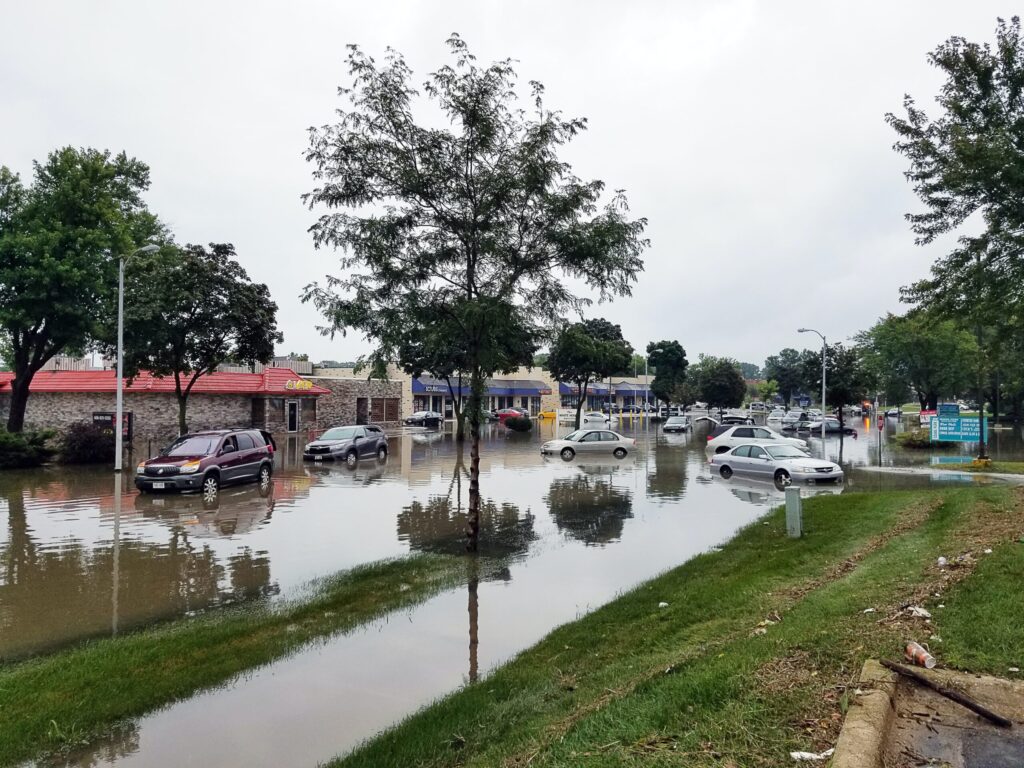243
After the storm passes and the flood waters subside, there is a new disaster that many Americans must navigate in 2023 – the brave new world of insurance.
The headlines are hard to ignore. Many major insurance providers are running away from flood-prone areas since the risk is deemed too big and payouts are ballooning at an unprecedented rate. And that is leaving homeowners and businessesowners — from Florida to California to Louisiana to Georgia — to rethink if they can afford to not relocate. And those who have been hit by a storm are forced to deal with long wait times to figure out how big of a check they might receive.
While most insurance companies are running away from flood-risk neighborhoods, one startup from across the pond is actually running towards them.
FloodFlash, a venture-backed startup out of the United Kingdom, is bringing parametric flood insurance to the commercial market in the US.
Parametric insurance is best thought of as “insurance tied to a specific event and with a specific payout,” said Mark Hara, CEO for FloodFlash’s North America unit. FloodFlash works with licensed insurance brokers or agents to distribute their product and services to commercial businesses – be it hotels, restaurants, warehouses, or office buildings. Each FloodFlash property gets a mobile-connected sensor that measures water at that specific location. If flooding occurs, that sensor can automatically trigger a digital claims process.
“We don’t shy away from high risk areas, we actually run into them,” said Hara. “In traditional insurance, somebody has to come out and estimate what the loss was, how it should be repaired, and what is actually covered.”
Instead, FloodFlash’s reliance on parametric insurance measurements means that payouts are determined by the level of water at that specific location. The insurance quote is based upon a preselected water depth (or depths) and settlement amount. This means a check can be sent out in a matter of hours instead of in a matter or weeks.
The sensors have a battery life of over a decade and can store data in case communication networks go down during catastrophic weather.
[story continues after video]
FloodFlash Comes To The US
The reality is that the insurance world is getting more complicated for businesses, since climate change is bringing more “hard-to-predict storms” with “higher rainfall, higher surges, and more river flooding,” Hara added.
FloodFlash’s roots go back to 2012 and Hurricane Sandy, but the startup officially got off the ground in London in 2017.
The team officially entered the US market earlier this year, according to a company statement. The startup launched in Florida but now the product is available in the 48 continental states, Hara said.
The startup most recently raised its Series A in 2022 in early 2022 and is backed by international firms like Buoyant Ventures, Tech Nation Fintech, LocalGlobe, and Pentech Ventures.
Florida, Georgia, and the wider Southeast region is a growing hub for InsurTech startups like FloodFlash. Others to note include Insured Nomad (Birmingham), Layr (Atlanta), Spendly (North Carolina), Axle (Atlanta), Slide (Tampa), Mile Auto (Atlanta), PlanGap (Atlanta), Certificial (North Carolina), and iink Payments (Tampa).

